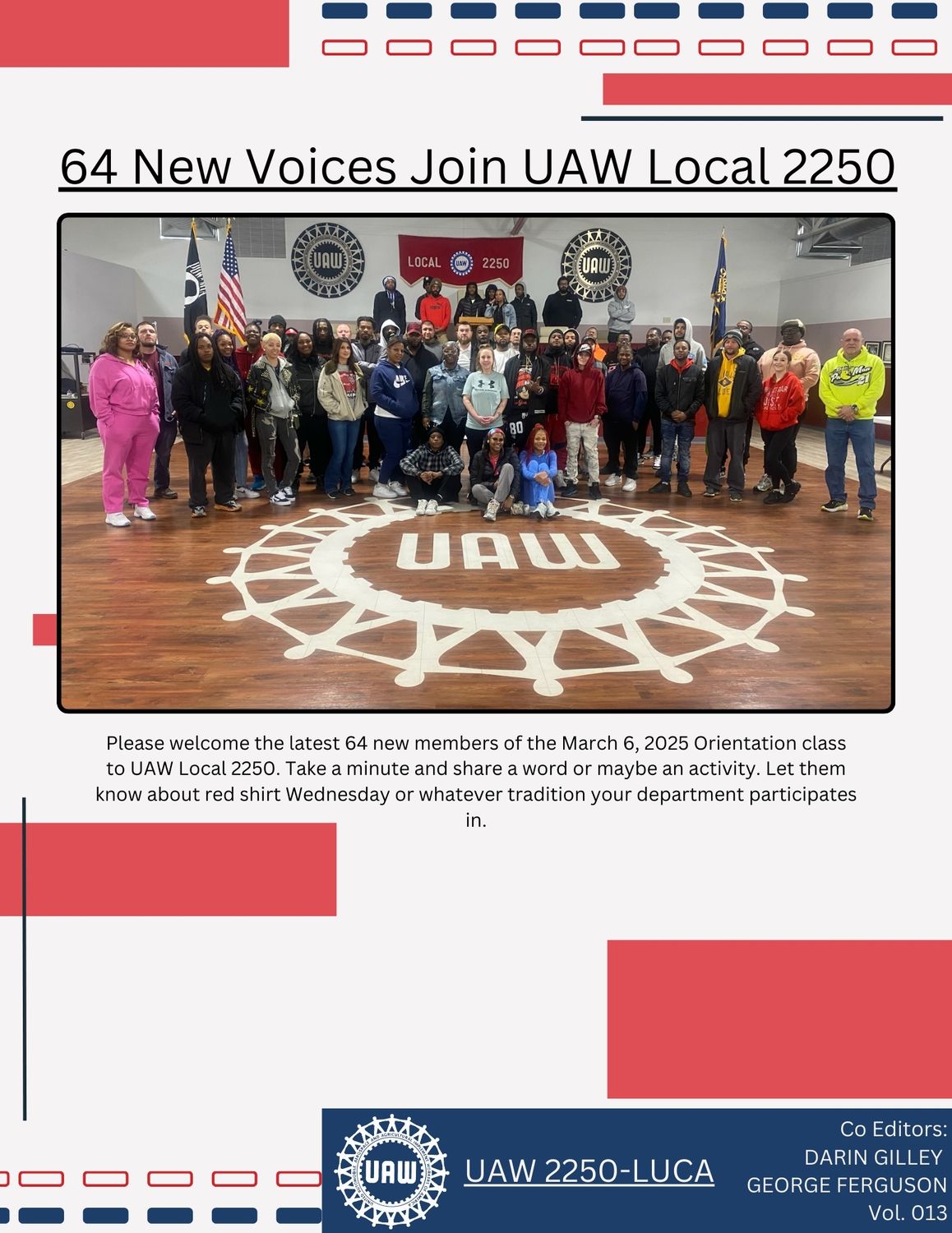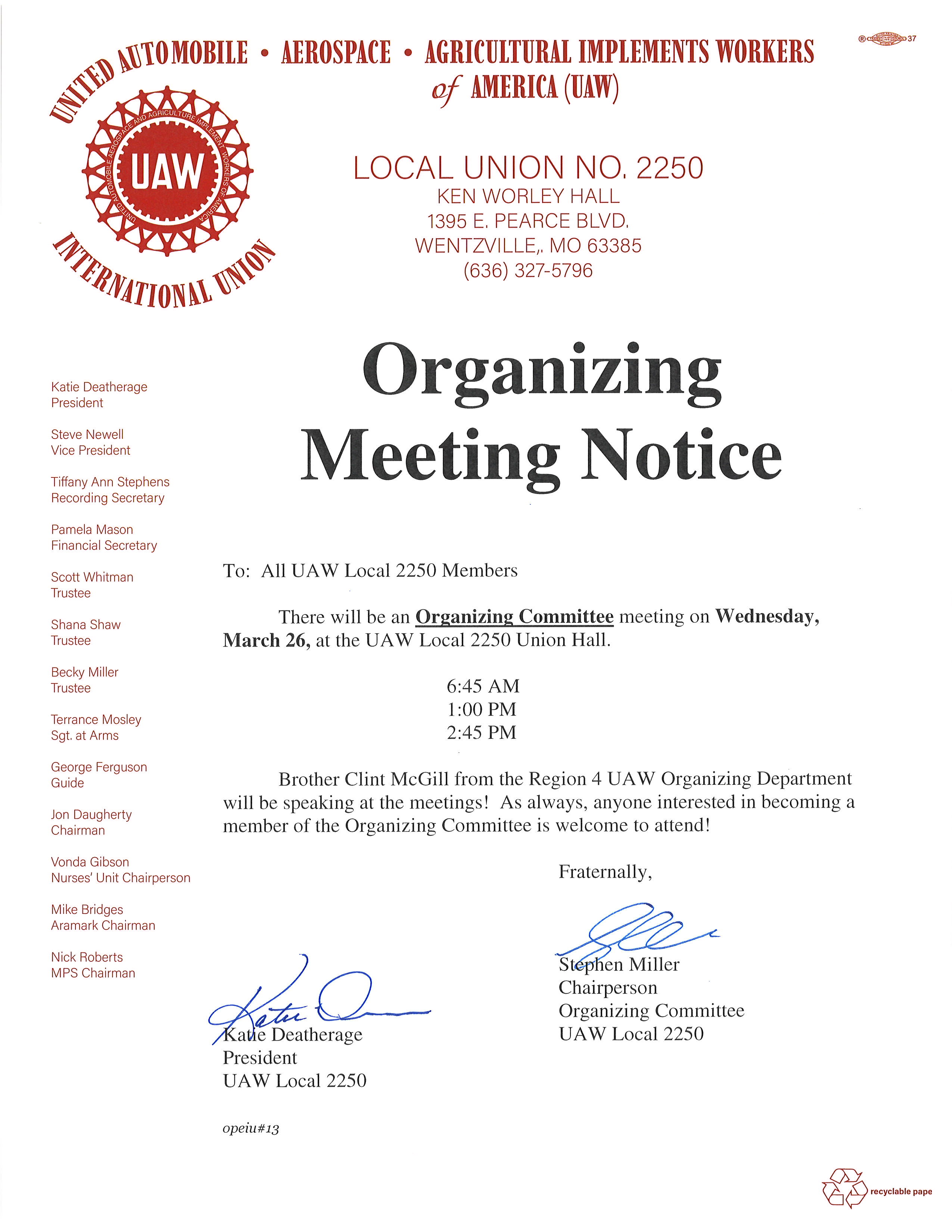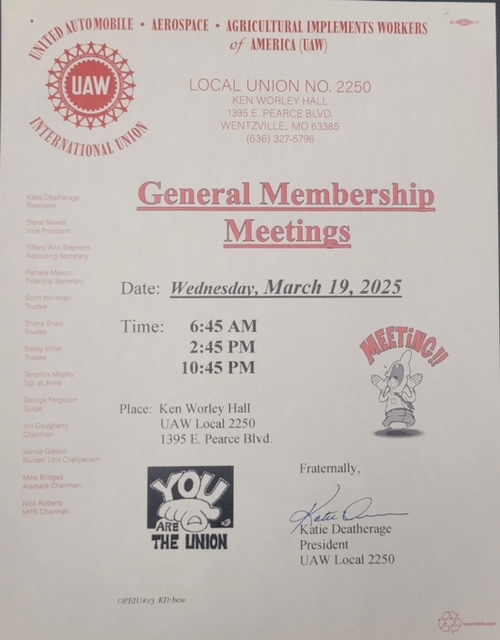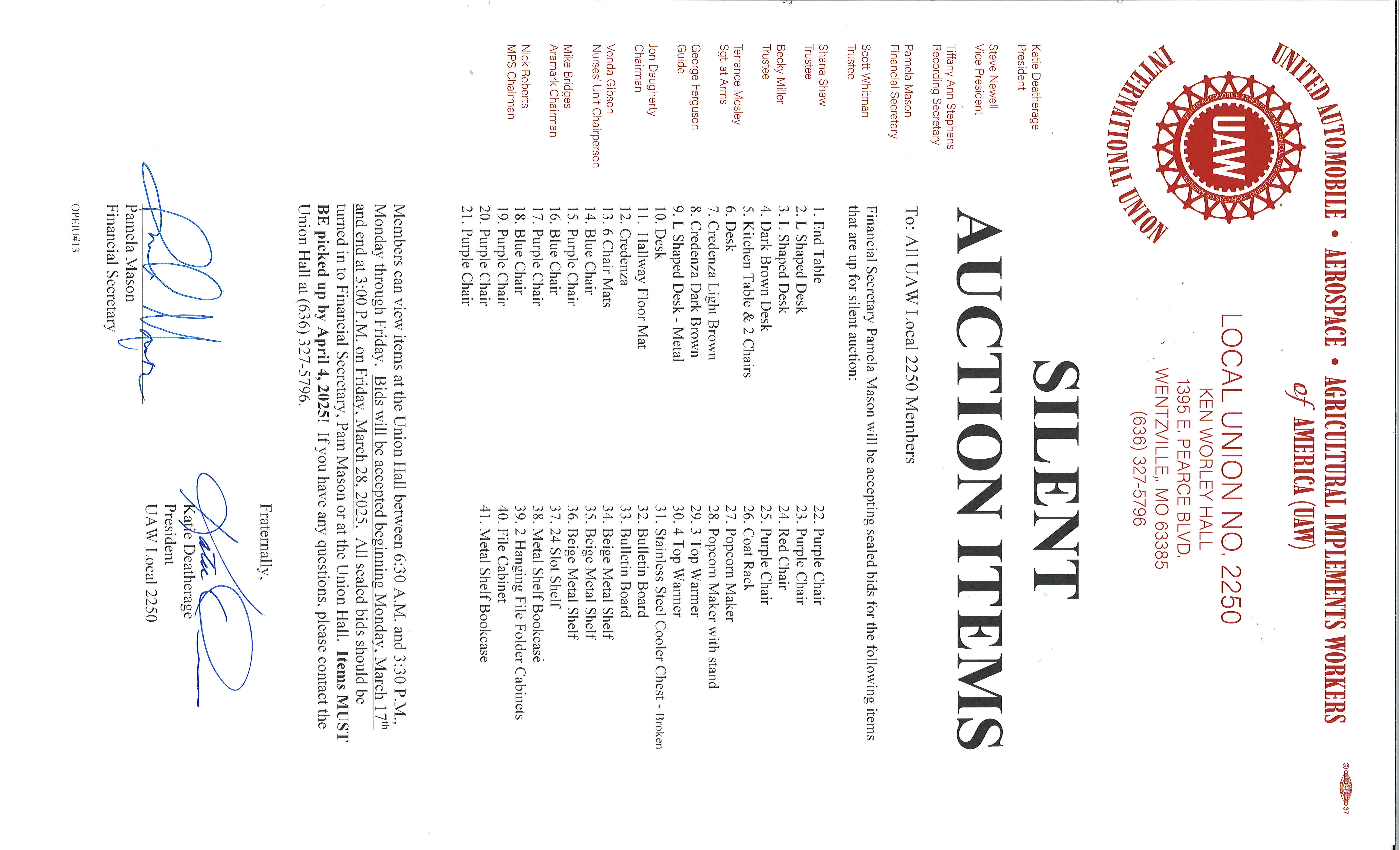-
Shawn Fain, Trump, and Tariffs: What’s The Truth? - 1 day ago
-
Guest Opinion: Lawmakers Shouldn’t Undermine Missouri Voters - March 29, 2025
-
April Showers Bring More Activities! - March 28, 2025
-
The 2025 Missouri AFL-CIO Joint Legislative Report - March 27, 2025
-
P2: Phased Retirement For Tier 2/Progressive Members – A New Trend? - March 23, 2025
-
Sunday Guest Opinion: Education Department Cuts Damage The Working Class - March 22, 2025
-
Newsline #13: New Members, Paid Leave, and The State Capitol! - March 21, 2025
-
Check Out The Organizing Committee! - March 21, 2025
-
Hop To The Hall For a Great Easter! - March 21, 2025
-
The Missouri House of Representatives Goes After YOUR Vote and Benefits - March 20, 2025
Sunday Studies: Project 2025 Would Cut Overtime Pay
The Center for American Progress has analyzed the overyime provisions in Project 2025, a conservative action plan on public policy assembled by the Heritage Foundation. Project 2025 Would Cut Access To Overtime Pay has the details…
Project 2025 allows employers to pick and choose time frames to measure work hours
What Project 2025 says: “Congress should provide flexibility to employers and employees to calculate the overtime period over a longer number of weeks.”
What the research says: Providing employers with less clarity about their wage obligations introduces more opportunities for fraud, abuse, and even honest mistakes. Currently, overtime is calculated weekly, which allows workers to keep track of their time accurately over a shorter time frame and to have more consistent expectations for their schedule. But Project 2025 proposes allowing the employer to choose the time period, giving employees less control of and visibility into their own paychecks.
Overtime eligibility and access are already among the most common forms of wage theft and other violations of the law by employers. From 2013 to 2023, overtime violations accounted for 82 percent of back wages for Fair Labor Standards Act violations—which cover minimum wage, overtime, retaliation, and tip theft by employers. Most violators of these laws face minimal consequences. A system rife with abuse needs clearer guidance and more enforcement, not additional “flexibility” for employers to decide who gets overtime pay and when.

(graphic by Maine Center for Economic Policy)




















